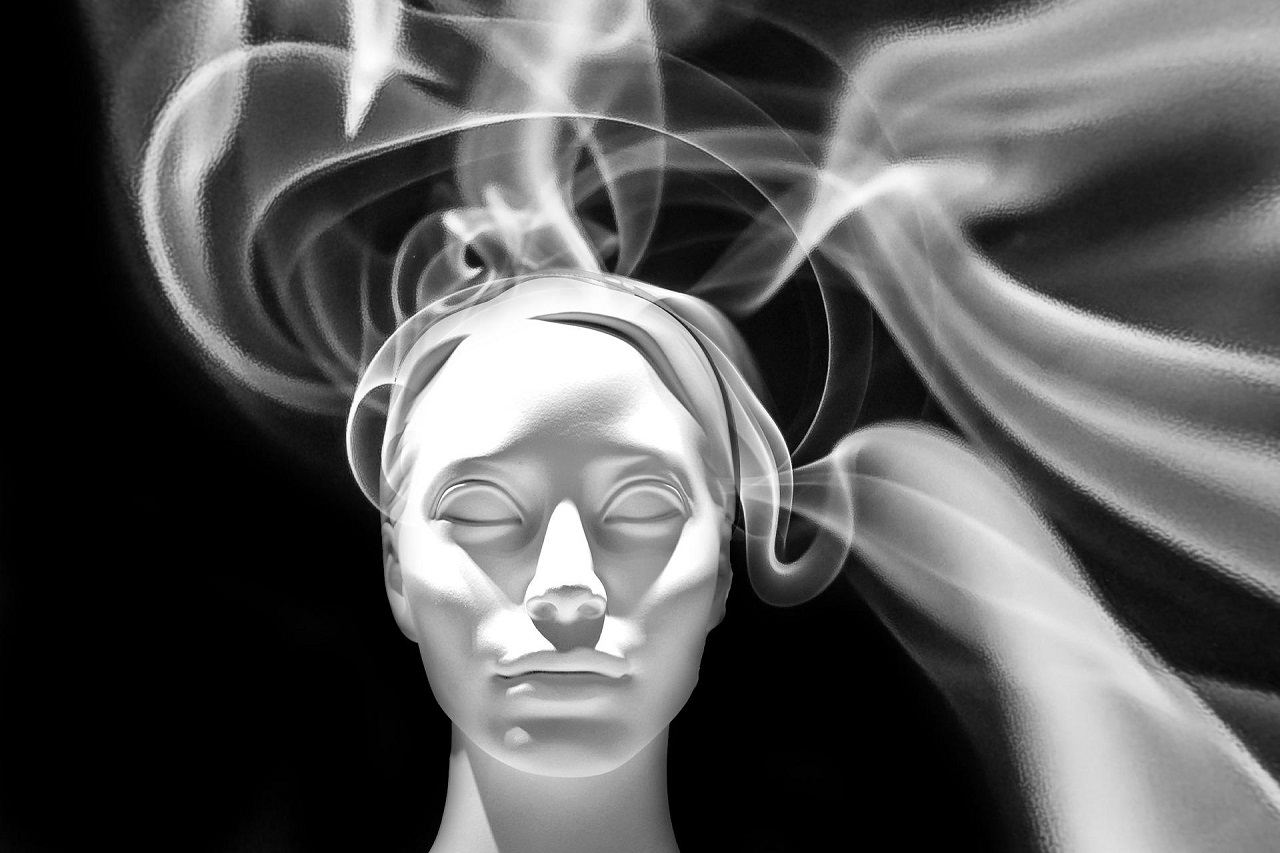
Tight deadlines, erratic working hours and sometimes being unable to manage the work-life balance can take a toll on your health. There are many factors that contribute to stress and if you find yourself feeling sad, anxious, angry, confused or scared without explanation, you are not alone. The specific reasons for stress are as varied as the people themselves but there’s hardly anyone who can escape the clutches of stress. How does one remain grounded and feel a sense of equanimity? Here’s help!
Powerful Relaxation Techniques You Can Practice
Following are three go-to relaxation techniques that therapists use to help their clients relax. Not all techniques may work for everyone but at least one of these should work for you.
1. Progressive Muscle relaxation
This exercise is very effective in lowering stress levels and can also reduce physical problems like headaches or stomachaches that accompany feelings of stress. This practice also improves sleep. When you are stressed your muscles tighten without your conscious awareness. Regular practice of PMR helps you to become aware of the difference between a tensed muscle and a completely relaxed muscle, thus improving your ability to recognize your bodily response to anxiety and mitigate it.
- Sit down on a chair with a backrest such that you are sitting erect but not tensed.
- Close your eyes and take a few deep breaths.
- Once you breath slows down, progressively tighten one muscle group (neck and shoulders or upper arm and lower arm) at a time for about 10-15 seconds.
- Once the time is up, release the tension in the muscles completely with a long exhalation and observe the sensation in the relaxed muscles.
- Continue this with each muscle group from head to feet.
- You could do this 2-3 times a day and even before going to bed.
- Avoid doing this with any part where there is a sprain or other injury.
 2. Diaphragmatic Breathing
2. Diaphragmatic Breathing
Also known as belly breathing, it is the optimal way of breathing as it actively engages your diaphragm. Belly breathing leads to improved oxygen flow to the rest of the body. This kind of breathing triggers a relaxation response by stimulating the vagus nerve, the longest nerve emanating from the brain. This nerve has a significant role to play in reducing blood pressure, heart rate, improving calmness, relaxation, and digestion. When engaging in breath based meditations most people practice belly breathing. Chest breathing is something we learned to do as a reaction to stress. For belly breathing, follow these steps:
- Sit comfortably or lie flat on your bed or any other comfortable surface and relax your shoulders.
- Place one hand on your chest and the other on your stomach.
- Breathe in through your nose for 2-10 seconds (according to your capacity).
- Feel the cool air moving through your nostrils into your abdomen, making your stomach inflate. During this type of breathing, make sure your stomach is moving outward while your chest remains relatively still.
- Press gently on your stomach, and exhale slowly for about 2-10 seconds.
- With every exhalation you will notice the stomach deflate under your palm
- Repeat these steps several times and observe your body relax.
 3. Guided Imagery
3. Guided Imagery
This is a focused practice that involves all or most of the 5 senses, to kindle calming responses in the mind and the body. Guided imagery uses imagination to take one to a calm, peaceful place, internally. This is a powerful tool that has a positive impact on blood pressure, breathing, oxygenation and heart rate. It can reduce pain and also improve the healing process of the body and mind. Our body reacts the same whether we experience something in reality or imagine it. So when you imagine yourself sitting in a beautiful green meadow and watching a clear stream of water flow over smoothened rocks, your body responds as if you were actually in the meadow.
- Sit down or lie down comfortably and close your eyes.
- Take a few deep breaths to help you relax.
- Imagine a scene that is calm and peaceful. This could be a beach, a meadow, a valley, the mountains or a riverside, according to your preference.
- Visualise the scene and slowly add some details, like a gentle breeze, fragrance of the grass, gurgling sound of water or the chirping of birds. Is the sky a clear blue or do you see fluffy white clouds?
- It helps to visualise you walking through the scene and experiencing the beauty and serenity using all your senses.
- And as you walk through the scene and go deeper you feel more and more relaxed.
- Continue to breathe slowly and experience the sense of peace that envelops your body and mind. Think of a word or sound that you can use in the future to help you mentally return to this place.
- When you feel ready, gently bring yourself back to the present. Tell yourself that you will feel relaxed and refreshed when this is done and slowly open your eyes. Notice how you feel right now.
- You could also use a recorded guided imagery audio, which is generally available on many of the free versions of meditation apps.
If these techniques helped you, let us know in the comments below! Find more articles to help you manage stress here. For further guidance on managing stress and lifestyle, speak to a certified expert by subscribing to GOQii’s Personalised Health Coaching.
#BeTheForce
 Schizophrenia is one of the most misunderstood mental disorders in our society. Hence, let’s start with what Schizophrenia is NOT:
Schizophrenia is one of the most misunderstood mental disorders in our society. Hence, let’s start with what Schizophrenia is NOT: The exact cause of schizophrenia has not yet been established. Studies indicate that a combination of genetics, environmental factors and brain chemistry contributes to the development of the disorder.
The exact cause of schizophrenia has not yet been established. Studies indicate that a combination of genetics, environmental factors and brain chemistry contributes to the development of the disorder. Being aware of the diagnosis of schizophrenia can be deeply distressing for the individual and they require a supportive environment for recovery. Due to fear, ignorance or awkwardness, friends, family members and others, may be overcautious or insensitive to people who may be dealing with the disorder.
Being aware of the diagnosis of schizophrenia can be deeply distressing for the individual and they require a supportive environment for recovery. Due to fear, ignorance or awkwardness, friends, family members and others, may be overcautious or insensitive to people who may be dealing with the disorder.



 As humans, our senses (sight, sound, smell, touch, taste) are constantly sending information to our brain about our surroundings and about other people. This helps us to choose appropriate responses. And yet to cope with situations that feel uncomfortable or chaotic, each of us develop behaviours that help to calm us down, like fidgeting, biting nails or running our hand through the hair. In Autism Spectrum Disorder where the brain and its senses don’t communicate well, the brain can become overwhelmed and confused, impacting how the person sees the world. People in the spectrum may try to cope with a sensory overload like bright lights or loud sounds, smells or touch (which may feel normal to others, but extreme to them) by rocking themselves, flapping hands, swaying, spinning or doing a number of other things. These actions may seem unusual to others but it is just their way of trying to feel calm. When you see them this way, it means that they are having a hard time.
As humans, our senses (sight, sound, smell, touch, taste) are constantly sending information to our brain about our surroundings and about other people. This helps us to choose appropriate responses. And yet to cope with situations that feel uncomfortable or chaotic, each of us develop behaviours that help to calm us down, like fidgeting, biting nails or running our hand through the hair. In Autism Spectrum Disorder where the brain and its senses don’t communicate well, the brain can become overwhelmed and confused, impacting how the person sees the world. People in the spectrum may try to cope with a sensory overload like bright lights or loud sounds, smells or touch (which may feel normal to others, but extreme to them) by rocking themselves, flapping hands, swaying, spinning or doing a number of other things. These actions may seem unusual to others but it is just their way of trying to feel calm. When you see them this way, it means that they are having a hard time.


